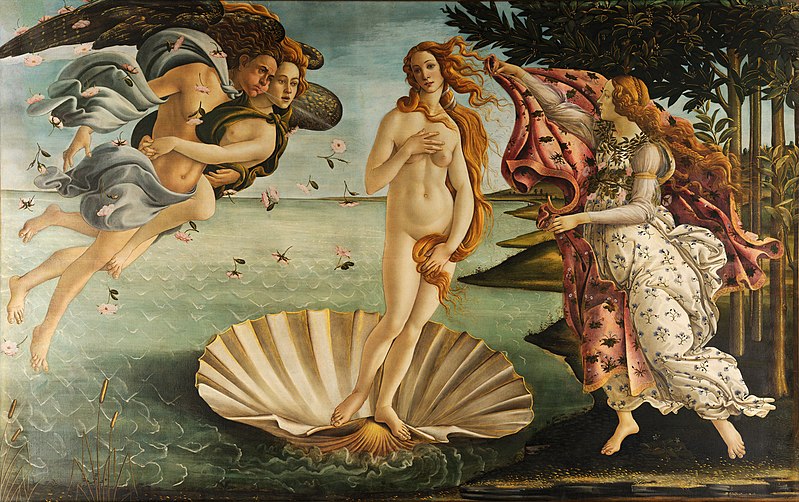
Attractive people are more likely to be rated as having higher intelligence, greater loyalty, more dependability, and stronger leadership skills than others, regardless of their actual qualities. Teachers are more likely to rate attractive students as diligent, engaged, hard-working, and intelligent, and students rate attractive teachers as more likable and appealing. Attractive job applicants are more likely to be rated as qualified and competent, regardless of their actual experience or skills. Once hired, attractive employees get more opportunities and higher salaries and are more likely to be rated as more knowledgeable, enthusiastic, and effective. Attractive spokespeople bring greater trust and better evaluations to a product, attractive political candidates are overwhelmingly more likely to be elected, and jurors are less likely to believe that an attractive person is guilty of a crime.
In the United States, physically attractive people are thought to be smarter, warmer, happier, healthier, more sociable, less lonely, and less anxious than others. They’re less likely to be identified as psychopaths or mentally unbalanced, and they’re thought to have better prognoses in the face of physical or psychological problems.
These expectations can fulfill themselves. For example, attractive people haven’t actually been found to be more intelligent than unattractive people, but they do tend to achieve more: “Since attractive people are perceived to have superior intelligence, they are likely given more opportunities, more support, and more encouragement, all prerequisites for short- and long-term success.”
(Rachelle M. Smith, The Biology of Beauty: The Science Behind Human Attractiveness, 2018.)
